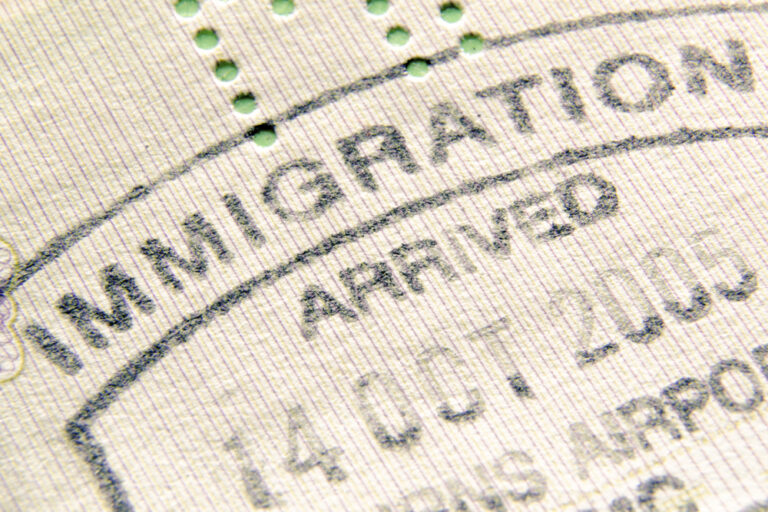Imagine you were born abroad but grew up in the United States. After graduating from college, you start looking for a job. The only problem is that you don’t have a legal residence permit. As a result, the U.S. government sends you back to your home country, a place you may not even remember. For many people, this sounds like a nightmare scenario.
Reason Magazine recently published an article addressing this issue:
In 2008, Taroll arrived in the United States at age 10 with his father, younger brother, and mother Preth, who had landed a job in the United States at a technology company on an H-1B visa. He later became known as a “documented dreamer”: the same nickname given to DACA recipients, but with a twist. Being a “dreamer” under DACA is essentially because they are undocumented, meaning Taroll was ineligible for the program’s protections not despite his legal arrival in the United States, but because of it.
To benefit from the “Dreamer” program, it is essential that your parents have arrived in the USA without authorizationChildren of legal immigrants are not eligible. Some eventually manage to get a green card, but the line is so long that many of them “age out” before they can get a legal residence permit. At that point, they must leave the country:
Last month, Taroll was forced to deport himself to Taiwan, where his employer was able to find him a place. He doesn’t speak the language and has no family ties to the country. “I grew up in my hometown of Boston as an ordinary kid, never imagining that my status would define my decisions later in life,” he tells me. “And like many Documented Dreamers, we didn’t really understand the ramifications of this until we were close to adulthood and had to start planning ways to stay in the only country we knew as home.”
Immigration This is a contentious political issue in the United States. And yet it seems implausible that many politicians on both sides of the debate would knowingly support granting Dreamer status only to children whose parents arrived in the United States illegally. One way to get a sense of policymakers’ views is to look at what happened when this particularity of the law was brought to the attention of legislators. Is this what they intended? Here’s why:
Some lawmakers on both sides of the aisle have attempted to answer that question. In 2021, Rep. Deborah Ross (D–NC) introduced a Invoice in the House to effectively close the documented dreamer gap and provide a path to citizenship. . . . A version of this bill passed the House as an amendment to the National Defense Authorization Act (NDAA). And then it was put to rest in the Senate Legislative Graveyard after Sen. Charles Grassley (R–Iowa) pushed back Proposal.


